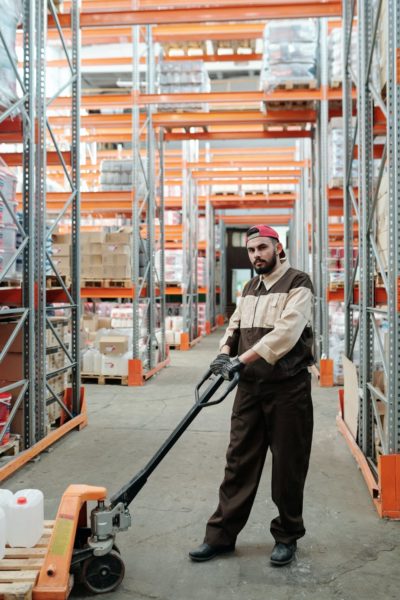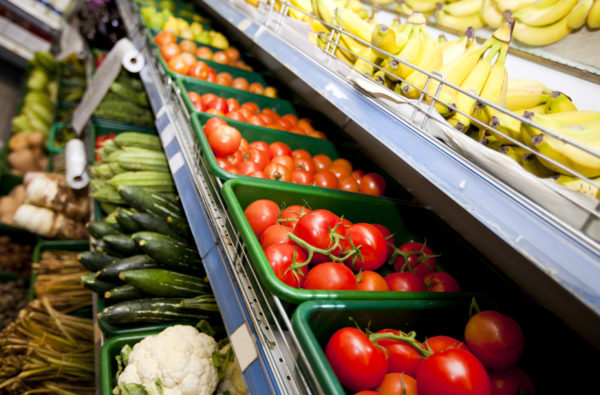The Canadian Food Inspection Agency (CFIA) is Canada’s highest authority on food safety. This agency, the largest science-based regulatory agency in the country, enforces food safety legislation and how it relates to concepts that are important to this, like accurate product information.
Regulatory agencies can have a reputation as an obstacle to businesses, but the CFIA often partners with the private sector to ensure that standards are met and kept. They have even simplified the regulations in the last two years! Here’s how your food facility – and the Canadian public – can benefit from the CFIA.
What Are The CFIA And SFCR?
The CFIA’s job is to deliver all the federally-mandated food inspection programs, as well as monitor plant and animal health products and the systems that make them. Their programs are designed to reduce and eliminate the risk potential of food and beverages Canadians consume every day; to this end, they collaborate with organizations and businesses at federal, provincial and municipal levels.
 The CFIA follows the Safe Food for Canadians Act when enforcing regulations and removing unsafe food from the market. This Act came into force in 2019, and it combined 14 sets of rules into one new system that grants licenses for conducting specific food-related activities. These regulations will implement targeted improvements to the food system to overcome the risks and challenges posed by the speed, volume and complexity of present-day food production. The Safe Food for Canadians Regulations (SFCR, or sometimes just the Regulations in official documents) align with many of the laws of our country’s key trading partners, such as the United States, European Union, Australia and New Zealand.
The CFIA follows the Safe Food for Canadians Act when enforcing regulations and removing unsafe food from the market. This Act came into force in 2019, and it combined 14 sets of rules into one new system that grants licenses for conducting specific food-related activities. These regulations will implement targeted improvements to the food system to overcome the risks and challenges posed by the speed, volume and complexity of present-day food production. The Safe Food for Canadians Regulations (SFCR, or sometimes just the Regulations in official documents) align with many of the laws of our country’s key trading partners, such as the United States, European Union, Australia and New Zealand.
This international approach helps food businesses cast a wider net when producing and selling goods internationally. But for both the international and domestic market, food businesses can improve their food safety using CFIA structures called preventive control plans (PCPs). These are based on internationally recognized Hazard Analysis Critical Control Point (HACCP) principles, and most businesses must prepare and maintain a written preventative control plan demonstrating how hazards and risks to food are addressed within their business.
Benefiting From The CFIA: Preventive Control Plans
To follow the SFCR, most businesses need to document their food safety controls in a PCP. These are documents that demonstrate how to identify and control food risks in a facility. The PCP  also includes a description of measures taken related to packaging, labeling, grades and standards of identity. They can reduce and prevent any hazards from contaminating food entering the market, whether they are prepared here or outside the country.
also includes a description of measures taken related to packaging, labeling, grades and standards of identity. They can reduce and prevent any hazards from contaminating food entering the market, whether they are prepared here or outside the country.
Businesses can benefit from PCPs because these are easy-to-follow guidelines that help facilities identify and correct issues early in the production process. By enacting and following controls that are based on standards already in place, companies that process or handle food can prevent any contaminants from getting into their products and reaching the public.
PCPs follow many existing international standards, so businesses who have reached HACCP certification, for example, are well-positioned to create them. Some SFCR requirements will still be introduced in 2021, and what you have to follow is based on the food commodity one processes and the size of their facility.
